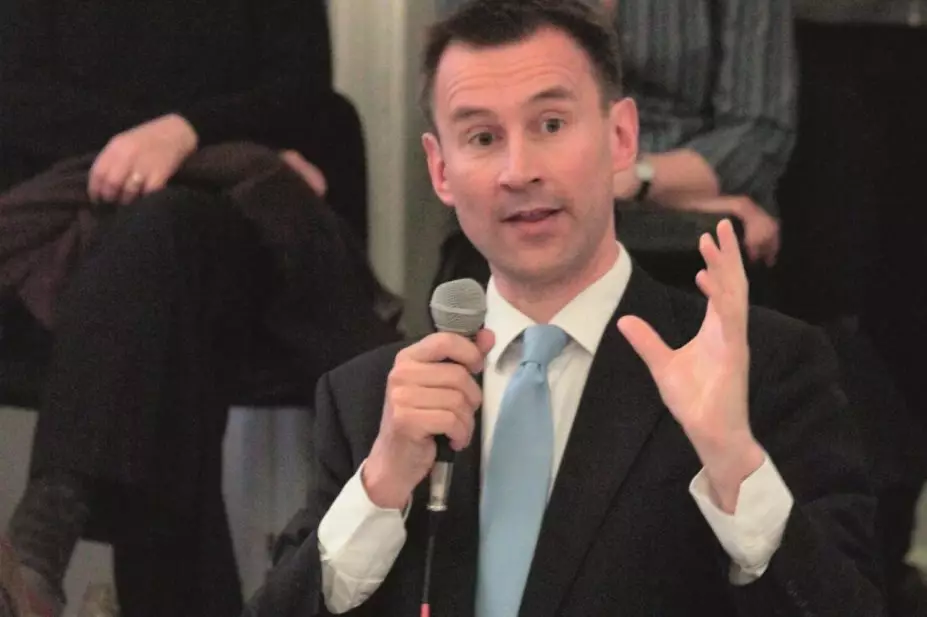
Jdfirth / Wikimedia Commons
UK health secretary Jeremy Hunt wants patients in England to have read-and-write access to their GP medical record via smartphones from 2016 and plans to give patients access to their entire medical record by 2018.
Speaking at the Health and Care Innovation Expo in Manchester on 2 September 2015, Hunt suggested that, while the internet has been driving forward innovation in many areas, it is underutilised in healthcare. He enthused that not only did he want to see patients access their own medical record online, but that they have the ability to add to it and contribute data from wearable devices.
He also said evidence from all over the world suggests that when patients start accessing their medical records, they start to think about their healthcare in a different way and become healthier.
While The Pharmaceutical Journal has yet to come across robust evidence about patient access to medical records improving their health, increased access to medical data is an ideologically sound idea. However, there are a number of things to consider before we proceed.
One of the major issues of this plan revolves around data security. The controversial NHS Care.data scheme (a programme where information on GP records will be shared with the Health and Social Care Information Centre) has been met with a series of delays after a lack of clarity about the programme and concerns about data security. Hunt was quick to point out that the NHS needs to regain the trust of the public when it comes to data privacy. So he has instructed the independent regulator of health and social care in England, the Care Quality Commission, to conduct an independent investigation into the robustness of patient data security on the ground across the NHS.
For clinicians, there are other points of contention. For example, the Royal College of General Practitioners suggested that such availability of medical data could expose vulnerable patients to stalking, abuse and coercion. And the British Medical Association has expressed similar concerns.
Also, healthcare professionals often leave notes in medical records that they have no intention to share with a patient. An example would be a patient who was at risk of a mental health condition, but the doctor has made a clinical judgement not to discuss this with the patient yet. Moreover, healthcare professionals will need to be mindful of the tone of their medical notes, bearing in mind that the patient will see whatever they enter into the system.
Finally, the value of patients accessing their medical record without a qualified healthcare professional explaining to them the meaning of, say, blood test results must be questioned. Certain patients could be at risk of misinterpreting their own records if, for example, they decide to Google certain test results and draw their own conclusions about their health, without the guidance of a healthcare professional.
The government has previously pushed ahead with schemes it wants to implement without consulting with those who will be affected. If Hunt’s plan to grant access of medical records to patients is to succeed, healthcare professionals’ concerns about its implementation must be listened to so that they are able to continue to provide high quality care.


